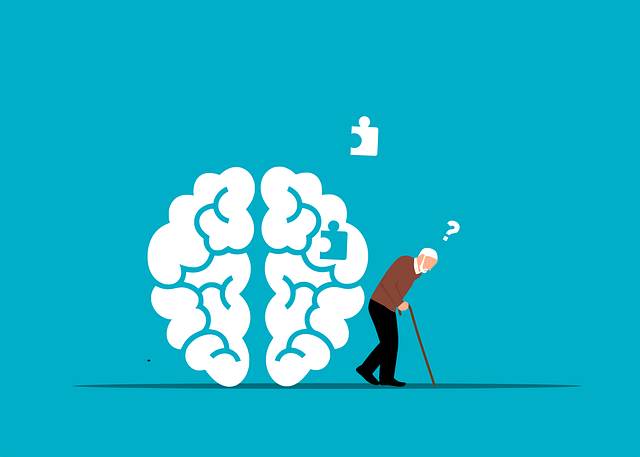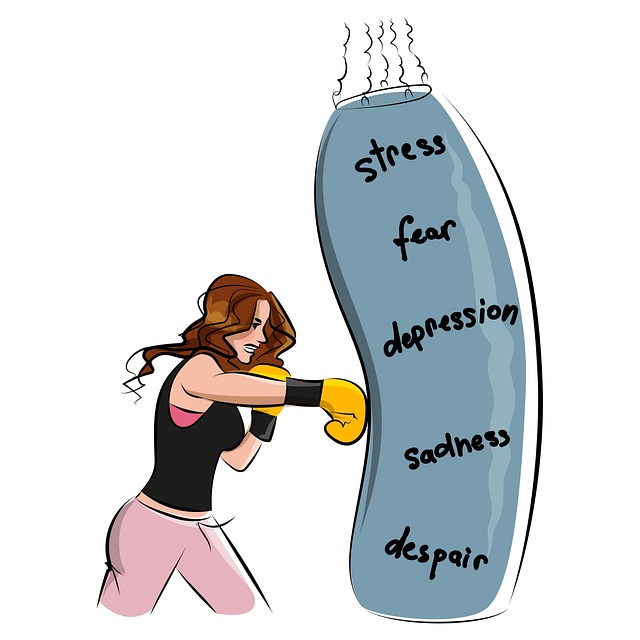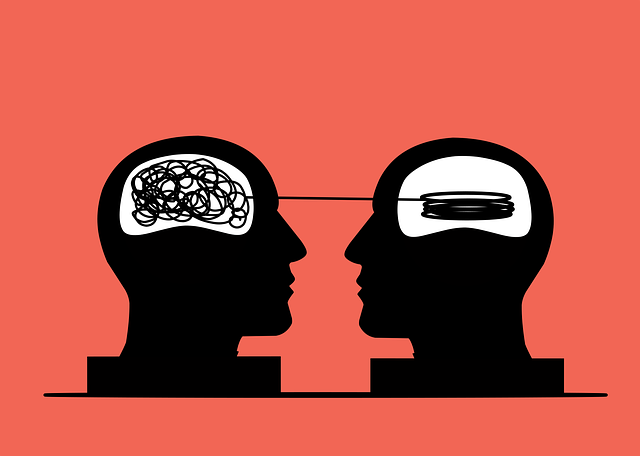Broomfield Bipolar Disorder Therapy focuses on connecting stress and mental health, offering interactive workshops to combat chronic stress and promote emotional well-being. Using a holistic approach, these programs combine practical tools like time management and mindfulness with group discussions, role-playing, and personal reflection exercises tailored to individual needs. The goal is to empower individuals with coping strategies for bipolar disorder management, mood stabilization, and improved overall mental health.
Stress management workshops play a pivotal role in enhancing mental well-being. This article explores essential aspects of organizing such programs, focusing on understanding stress and its profound effects on mental health. We delve into designing comprehensive workshops, drawing insights from the successful Broomfield Bipolar Disorder Therapy approach. By implementing evidence-based techniques, these sessions empower individuals to navigate stress effectively. Through case studies and practical tips, we guide readers in creating impactful experiences, ultimately fostering resilience and improved mental health outcomes.
- Understanding Stress and Its Impact on Mental Health
- Designing Effective Workshops for Stress Management
- Implementing and Evaluating the Broomfield Bipolar Disorder Therapy Approach
Understanding Stress and Its Impact on Mental Health

Stress is a universal experience that can stem from various sources, such as work pressures, personal relationships, financial worries, or even joy and excitement. While acute stress can be beneficial, helping individuals focus and perform under pressure, chronic stress has significant negative impacts on mental health. Prolonged exposure to stressful situations without effective coping mechanisms can lead to anxiety disorders, depression, and in severe cases, bipolar disorder. Broomfield Bipolar Disorder Therapy emphasizes the importance of understanding these connections to foster emotional well-being promotion techniques.
Stress management workshops play a pivotal role in equipping individuals with tools to navigate and mitigate stressors. Through interactive sessions, participants learn practical emotional coping strategies, time management skills, and mindfulness techniques. These workshops not only help individuals recognize triggers but also equip them with methods to regulate mood and maintain balance, thereby enhancing overall mental health and resilience.
Designing Effective Workshops for Stress Management

When designing stress management workshops, it’s crucial to create an engaging and interactive environment that fosters inner strength development. At Broomfield Bipolar Disorder Therapy, we focus on crafting programs that go beyond mere information sharing; our Mental Health Education Programs Design involves practical exercises, group discussions, and mindfulness techniques to empower participants with effective coping strategies. By addressing the root causes of stress and promoting positive mental health, our workshops aim to prevent depression and equip individuals with the tools to navigate life’s challenges.
Effective workshops should be tailored to diverse learning styles, incorporating visual aids, role-playing scenarios, and personal reflection exercises. Facilitators play a vital role in creating a safe space where participants feel comfortable sharing their experiences. We advocate for a holistic approach that combines evidence-based stress management techniques with a supportive community, ensuring each individual leaves the workshop with enhanced resilience and a better understanding of their mental health.
Implementing and Evaluating the Broomfield Bipolar Disorder Therapy Approach

Stress management workshops, as exemplified by the successful Broomfield Bipolar Disorder Therapy approach, can significantly enhance mental health. By understanding stress and its impact, organizations can design effective programs tailored to their employees’ needs. Implementing these workshops not only reduces stress but also fosters a healthier, more productive work environment. Regular evaluation ensures continuous improvement, making these initiatives a valuable addition to any organization’s wellness strategy.














